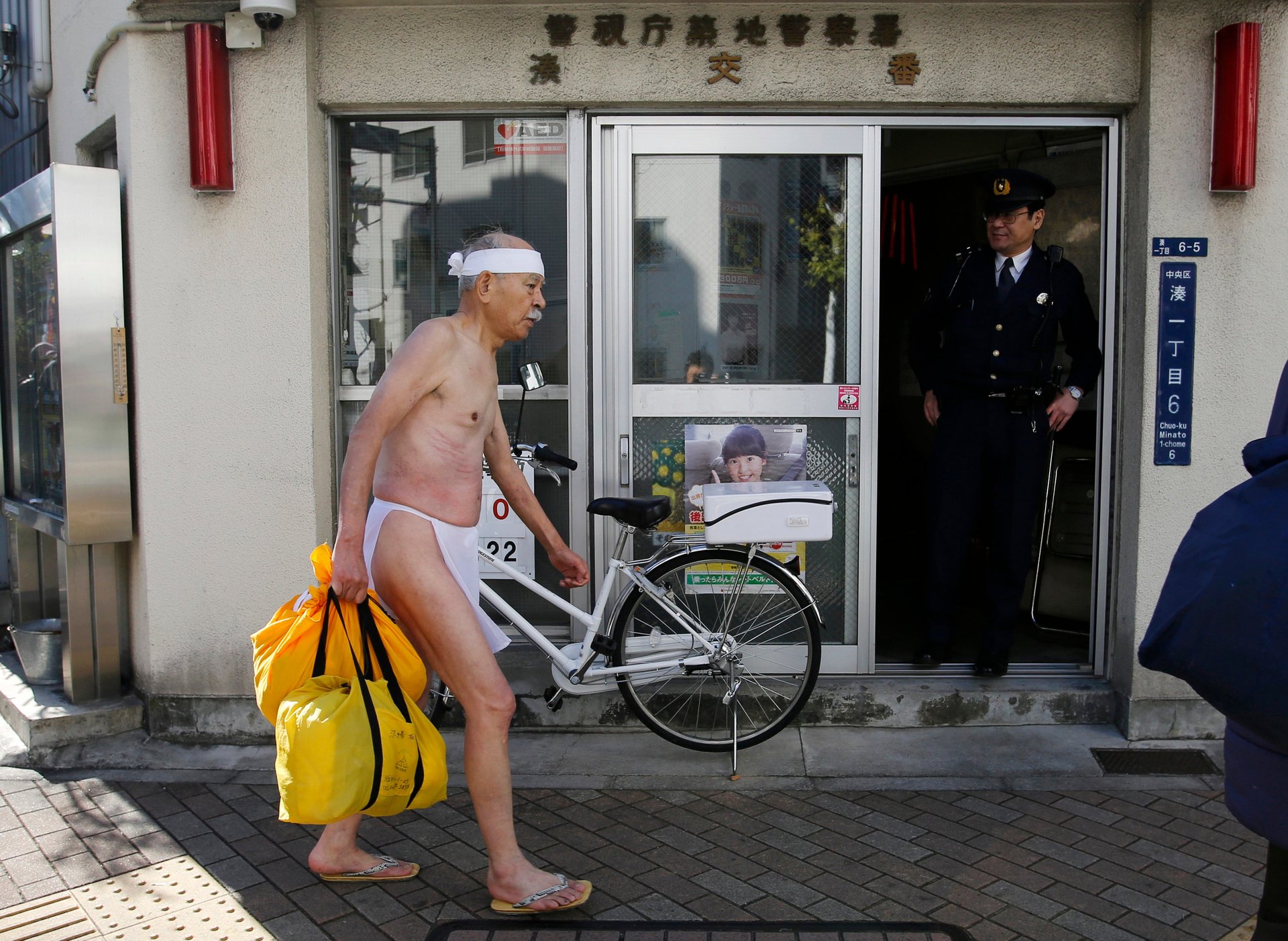Japan’s buzzwords of the year include a term for when you sign off to take a bath
In Japanese homes, where bath time is sacred, bathtubs are short, but up-to-your-neck deep. Soaking in hot water is a sacrosanct evening ritual.


In Japanese homes, where bath time is sacred, bathtubs are short, but up-to-your-neck deep. Soaking in hot water is a sacrosanct evening ritual.
For Japanese teens, however, time spent chatting with friends on social media—and specifically, the most popular messaging and gaming app, Line—is also sacred. The two pastimes cannot be combined. Not yet.
Japanese teens have recently come up with a short phrase to indicate in a few words as possible: “I am signing off Line to go take a bath.”
The word is furorida, and it’s shorthand for “furo ni hairu tame ne, ichijiteki ni Rain kara ridatsu suru koto,” which is, admittedly, a mouthful. According to The Japan Times, the longer phrase literally translates as “to temporarily disengage from the Line smartphone messaging app while taking a bath.”
Furorida is one of several new words included in the 2016 edition of The Yearbook of the Contemporary Society, a massive glossary of Japan’s changing language published and updated annually. It was first released under a different title, Fundamental Knowledge of Contemporary Words in Use, just after World War II. Since the 1980s, its publisher has also co-produced the Buzzword Grand Prix, a contest to name the year’s most zeitgeisty words, the 2016 winners of which were announced earlier this month.
For all its eloquent compression, furorida was not a finalist, but there were some other telling selections on the shortlist. Here are a few examples:
Gesu furin for “sleazy affair.”
Seichi junrei for “holy pilgrimage.”
Toranpu genshou for “The Trump phenomenon.”
PPAP
Hoikuen ochita. Nihon shine for “Didn’t get a daycare slot. Drop dead, Japan.”
Kamitteru for “superhuman power.”